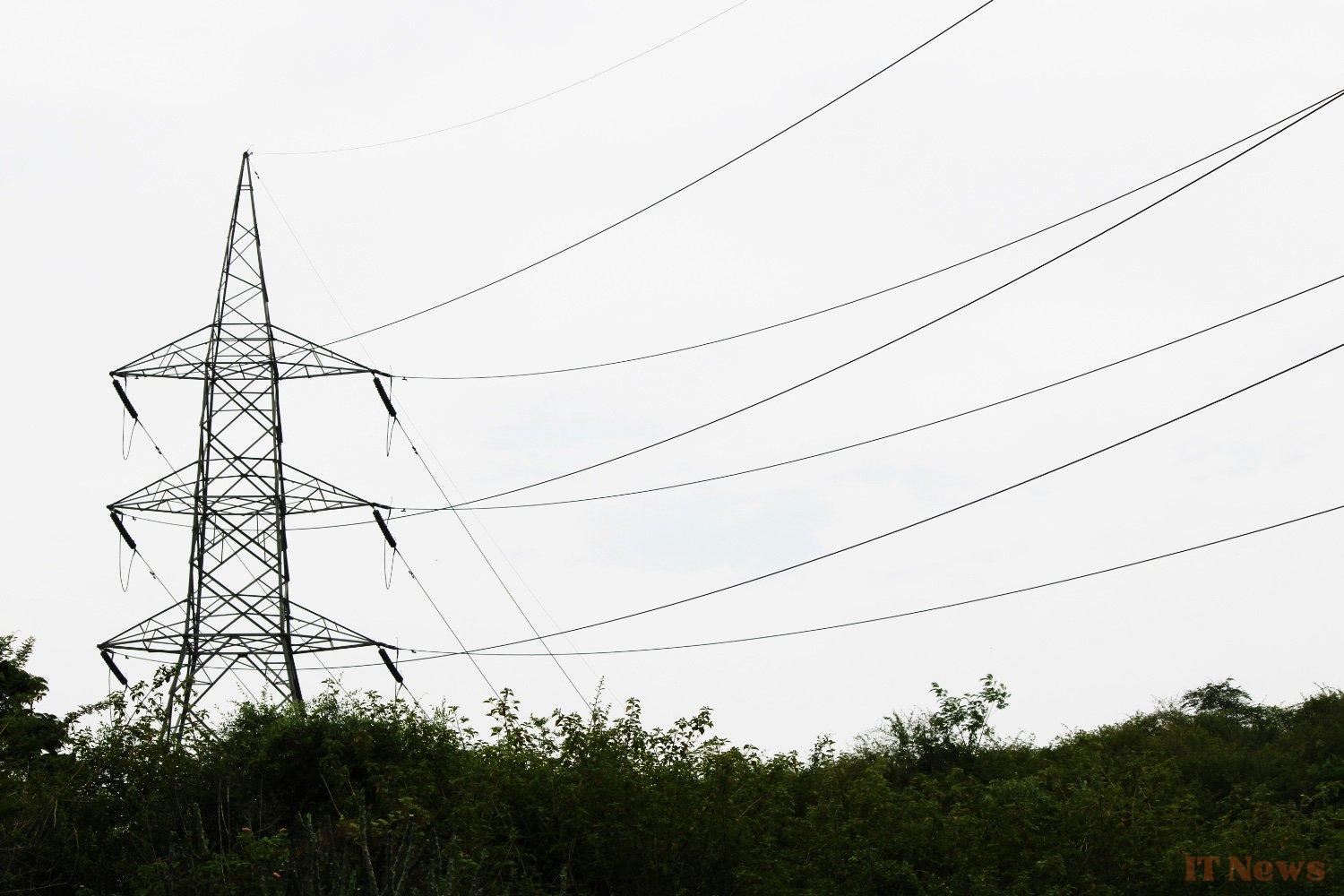On Monday, Spain and Portugal were plunged into darkness for more than twelve hours, affecting millions of users and paralyzing transport, hospitals, restaurants and communications. Immediately, some politicians and commentators questioned the high share of renewable energy in the energy mix of the two countries - nearly 80% at at this precise moment according to data from the Spanish grid operator REE.
A fragile grid, not a renewables failure
But for specialists, this hypothesis does not hold water. "The scale and nature of the outage make it unlikely that renewable energy volumes are the source of the problem," Daniel Muir, senior analyst at S&P Global, told the Guardian. The Spanish electricity system is regularly subject to much larger peaks in wind and solar production.
In reality, the exact causes of the outage remain unclear. Portugal refers to an "unexplained transmission problem," while Spain mentions two separate incidents of loss of generation at substations in the southwest. The connection to France, which was severed at the same time, is also mentioned.
While the energy transition is well underway in Spain - With a target of 81% renewables by 2030, the electricity grid is not keeping pace. REE already warned in May 2024 about the limits of a system designed in the era of large fossil fuel power plants, now faced with fragmented production, more variable and difficult to stabilize.
REE President Beatriz Corredor denies any responsibility renewable energies: "These technologies are now reliable and integrated into the grid like any conventional source," she insisted on Cadena SER radio.
Specialists especially emphasize the lack of "inertia" in the modern grid. Unlike gas or nuclear power, renewable energies inject little natural resistance to frequency variations. Without compensation technologies (batteries, flywheels, supercapacitors), the slightest oscillation can degenerate. According to David Brayshaw, professor at According to the University of Reading, "outages are likely to become more severe if the network architecture is not strengthened."
Faced with the scale of the disruptions, Pedro Sanchez's government has launched an investigation. It is demanding accountability from private energy companies and has not completely ruled out malicious acts, although the network manager has formally ruled out the possibility of a cyberattack. But the right-wing opposition is calling for an independent parliamentary inquiry and accuses the government of protecting the directors of REE, in which the state holds a significant stake.
For some observers, the real cause lies in the lack of "controllable" production that day. "It was not so much the influx of green energy that caused the outage, but the lack of stable sources such as gas or nuclear power," believes Jorge Sanz, former president of the Energy Transition Commission.



0 Comments